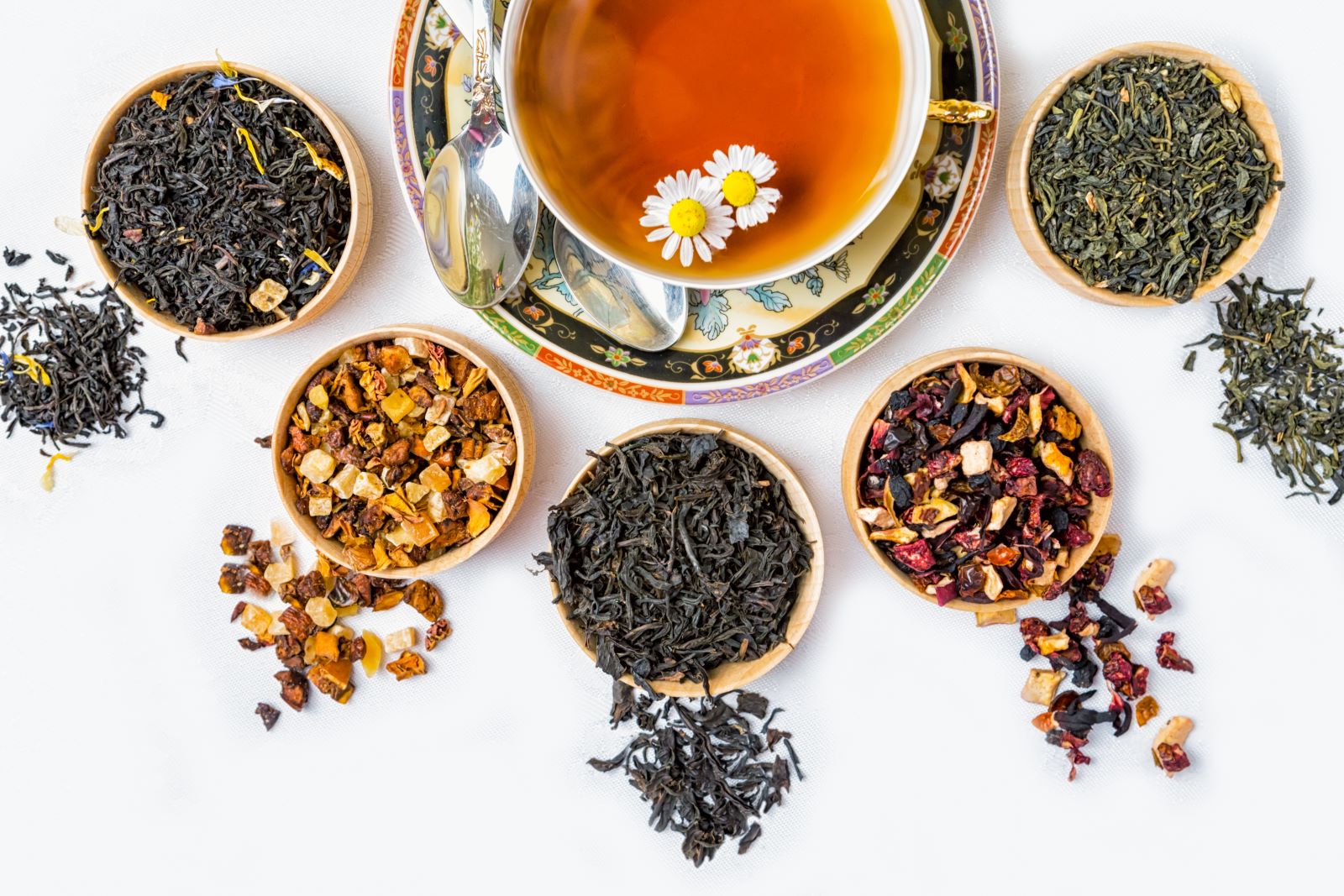What if How Long You Live Is Already Decided for You? No Matter How Much You Exercise or How Well You Eat
Imagine if your lifespan was written in the stars (or your DNA) from the day you were born. No amount of kale or cardio could change it.
Genetic Predestination

Some scientists believe our genes play a huge role in how long we live, maybe more than we ever thought. Studies have shown that certain genetic markers can predict longevity with surprising accuracy.
Lifestyle Still Matters

Sure, eating well and exercising are crucial for a good life, but they might not extend your years beyond what your genes allow. It’s about quality of life too, not just quantity. Healthy habits can still prevent diseases and improve daily wellbeing.
Centenarian Secrets

Studies of people who live past 90 show they share certain genetic markers. It’s like they hit the longevity lottery. These markers are often related to how their bodies handle stress and repair DNA.
Blood Clues

Certain blood markers can predict how long you’ll live, regardless of your lifestyle. It’s in your blood! Researchers are studying these markers to better understand the aging process and potential interventions.
Nature vs. Nurture

The debate continues, but genetics are getting more credit in the longevity game. While lifestyle choices matter, they might only play a secondary role to the genetic hand you’re dealt.
Healthy Living

Even if you can’t change your lifespan, you can still make your life healthier and more enjoyable. Good habits can improve your quality of life and help you avoid preventable diseases.
Epigenetics

Your environment and behaviors can affect how your genes express themselves. You still have some control! Epigenetics shows that while genes provide the blueprint, lifestyle can influence how that blueprint is read.
Future Research

Scientists are on the hunt for more clues. Could we one day tweak our genes to live longer? Maybe! Advances in gene editing and biotechnology could offer new ways to extend lifespan.
Ethical Implications

The idea of predetermined lifespans raises profound ethical and philosophical questions about how we live our lives. If we knew our expiry date, how would that change our choices?
Healthcare Focus

As we learn more about genetics, healthcare might shift its focus to personalized medicine, tailored to an individual’s genetic profile. This could lead to more effective treatments and preventive measures.
Psychological Effects

knowing your lifespan could affect your mental health and how you plan your life, from career choices to family planning. It’s a double-edged sword that could provide clarity or cause anxiety.
Insurance Impact

Life insurance and pension plans might need to adjust their models based on genetic insights into lifespan. This could revolutionize how we approach financial planning for the future.
Family History

Looking at your family history can provide clues about your own longevity. If your grandparents lived long lives, you might too! But it’s not just about genetics—shared lifestyles and environments play a role as well.
Cultural Differences

Different cultures have varying lifespans due to genetic and lifestyle factors. Studying these differences can offer insights into how we can all live longer, healthier lives.
Longevity Hotspots

Places like Okinawa, Japan, and Sardinia, Italy, are known for their high number of centenarians. Researchers study these “blue zones” to uncover the secrets of longevity, from diet to community support.
Technological Advances

Technological advances in healthcare and diagnostics are helping us understand and potentially extend human lifespan. From genome sequencing to personalized medicine, the future looks promising.
Aging Research

Ongoing research into the aging process aims to uncover the biological mechanisms behind it. Understanding these processes could lead to breakthroughs in how we age and how we can age better.
Public Health Initiatives

Public health initiatives that promote healthy living can help maximize the potential lifespan determined by our genes. Education and resources about diet, exercise, and mental health are crucial.
Gene Therapy

Emerging gene therapy techniques offer the possibility of altering genetic markers associated with aging. This cutting-edge research could revolutionize how we think about and experience aging.
Mind-Body Connection

The mind-body connection plays a significant role in how we age. Stress management, positive thinking, and mental health care are essential components of a healthy, long life.
Preventive Healthcare

Focusing on preventive healthcare rather than reactive treatment can help us live longer, healthier lives. Regular check-ups, screenings, and a proactive approach to health are key.
Community Support

Strong social connections and community support have been shown to increase longevity. Building and maintaining relationships can improve both mental and physical health, contributing to a longer life.
Personalized Nutrition

Personalized nutrition plans based on genetic makeup are becoming more popular. These plans can help individuals make dietary choices that best support their unique health needs and longevity goals.
Not All Tea Is Good for You: List of Teas to Avoid and to Stick To

Not all teas are healthy and some might actually harm your health with poor ingredients. But how can you tell the good from the bad? This guide aims to help you make informed choices without turning you into a tea expert overnight. Not All Tea Is Good for You: List of Teas to Avoid and to Stick To
America’s Spiritual Revolution: Turning Away from Christianity to Embrace Alternatives

As church attendance declines, Americans are exploring diverse spiritual paths, from stargazing druids to unconventional deities like Wi-Fi gods and extraterrestrials. Explore the quirky and sometimes controversial new religions capturing attention as people seek meaning beyond traditional Christianity. America’s Spiritual Revolution: Turning Away from Christianity to Embrace Alternatives
25 Must-Try Global Delicacies

From Bangkok’s bustling streets to Parisian cafes, every corner of the world offers something special for your taste buds. And you don’t have to travel far; even in the USA, you can find a world of flavors. Here are 25 global delicacies every foodie should try, including some local favorites! 25 Must-Try Global Delicacies
Featured Image Credit: Shutterstock / Dragon Images.
For transparency, this content was partly developed with AI assistance and carefully curated by an experienced editor to be informative and ensure accuracy.






